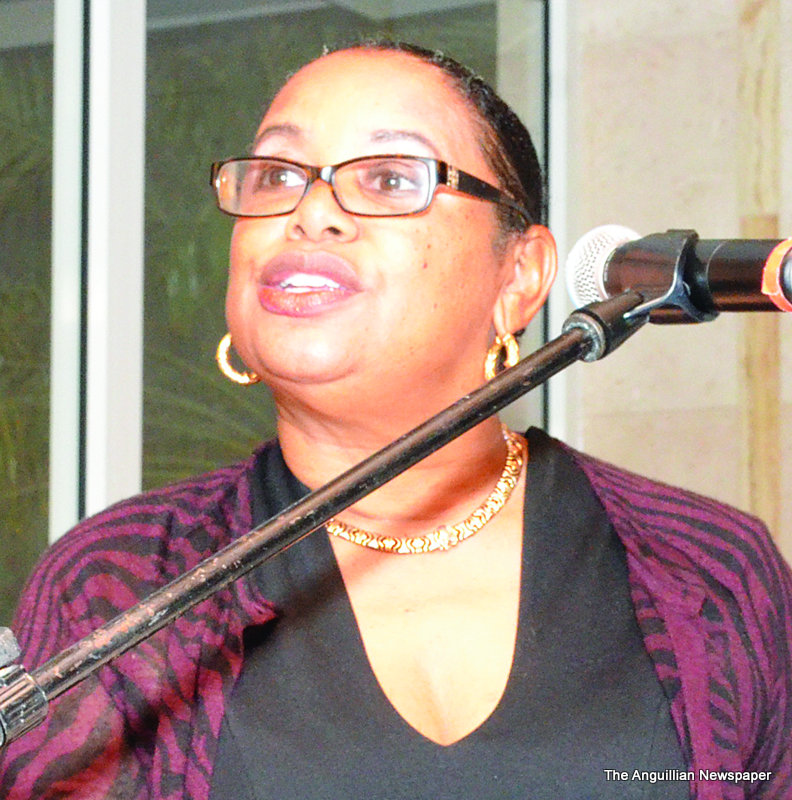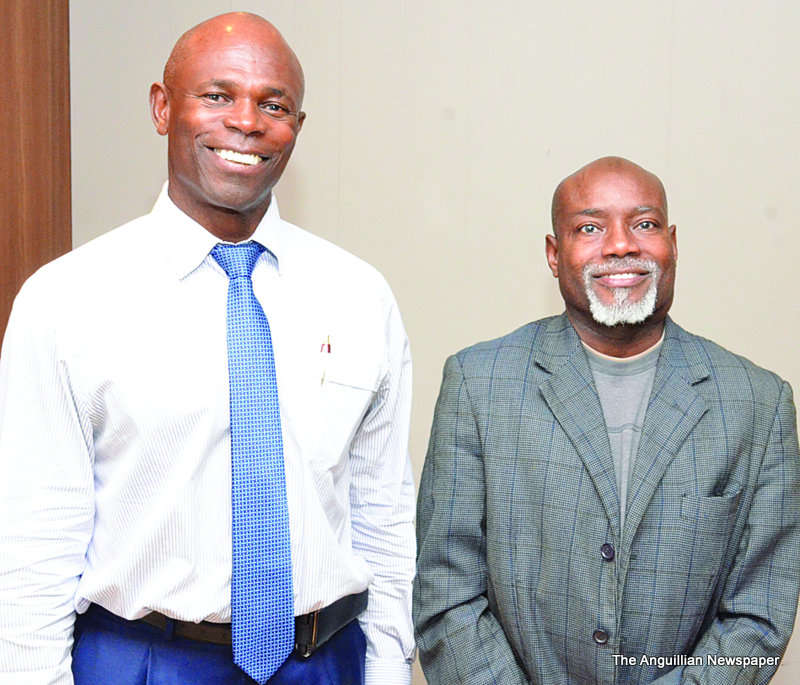
The newly-appointed Tourism Education Coordinator in Anguilla, Mrs. Candis Niles, has outlined the creation of a number of projects aimed at involving schoolchildren in the island’s hotel and tourism sector.
“Our people have historically been a pillar of our industry, and every effort should be deployed to ensure that our people of tomorrow, who are our children of today, are equipped with the tools they need to excel in a highly competitive, global, labour, tourism and hospitality market,” she said.
Speaking at the Hotel and Tourism Association Annual General Meeting, on November 8, Mrs. Niles continued: “These tools are embedded in four principles: Attitude, Skills, Knowledge and Experience. The Tourism Education Coordination Unit envisages a cohesive and integrated approach that starts at the beginning of our children’s educational cycle – and continues straight through every grade and form level of the pre-primary, primary and secondary levels. The aim is to teach children about who they are as people called Anguillians; what Anguillian-styled hospitality looks and feels like; and ensuring that they have a well-defined grasp of why visitors choose Anguilla as a destination and why they return again and again.”
In providing other aims and objectives of the tourism programme for schoolchildren, Mrs. Niles went on: “We are proposing the formalisation of a partnership between the primary schools, and the various hotel accommodation partners on the island, through an Adopt-a-School Programme. It is to create a relationship between the students, teachers and the entire community that the school serves and a particular hotel property.
“This is expected to generate a level of trust, loyalty and understanding between both partners of the programme culminating in a shared vision of quality service and excellence that is the cornerstone of our visitor experience as one that is truly beyond extraordinary. Under this project a number of projects will be pursued but there are two programmes which I wish to mention specifically. They are the AHTA School Beautification Project which is based on the establishment of a learning and facilitating relationship between a school and its partner hotel. It is whereby the landscaping departments’ staff will work actively with the students and their teachers to teach techniques of grafting, propagation, irrigation etc which the students will be able to use later on to gain meaningful employment in the sector.”
She further explained that hotels will also work with the schools to design and create flower and vegetable gardens using containers and traditional methods. It is also proposed that schools will select a heritage theme for their projects so that a variety of gardens can be created as photo worthy-locations for visitors and locals alike to capture and enjoy. According to her, the project would also provide for the beautification of school grounds, the creation of vegetable gardens for the sale of produce and the teaching of skills for future employment.
Another project Mrs. Niles highlighted was the Hello Tourist Programme (which previously existed). She described it as a special tourism awareness programme geared to children aged 11-12 years to foster greater understanding of the world of tourism. She explained that children would learn about tourism in a classroom setting, visit partner hotels, meet hospitality personnel and guests, have overnight stays and opportunities to dine.
The Tourism Education Coordinator also spoke about an Adopt-A-School Boat-race project of no cost to the school or the Hotel and Tourism Association. “We are simply creating an avenue of interest for the children and possibly their parents and teachers and sponsor hotels in our national sport,” she stated. “Children, parents and teachers will also have an opportunity to raise funds for their school by printing and wearing t-shirts representing the colours of their adopted boat and school. Food and drinks can also be sold by each school to raise more funds. It is expected that similar initiatives will be designed to raise awareness and interest in other facets of our culture and heritage.”
Mrs. Niles also mentioned other school-led fund-raising initiatives. She explained one of them as follows: “On a designated day in each term, the children, their parents and friends of the school will be invited to donate EC$1.00 to the school [or alternatively one US$1.00]. The funds raised should be devoted to tourism-based projects.”








